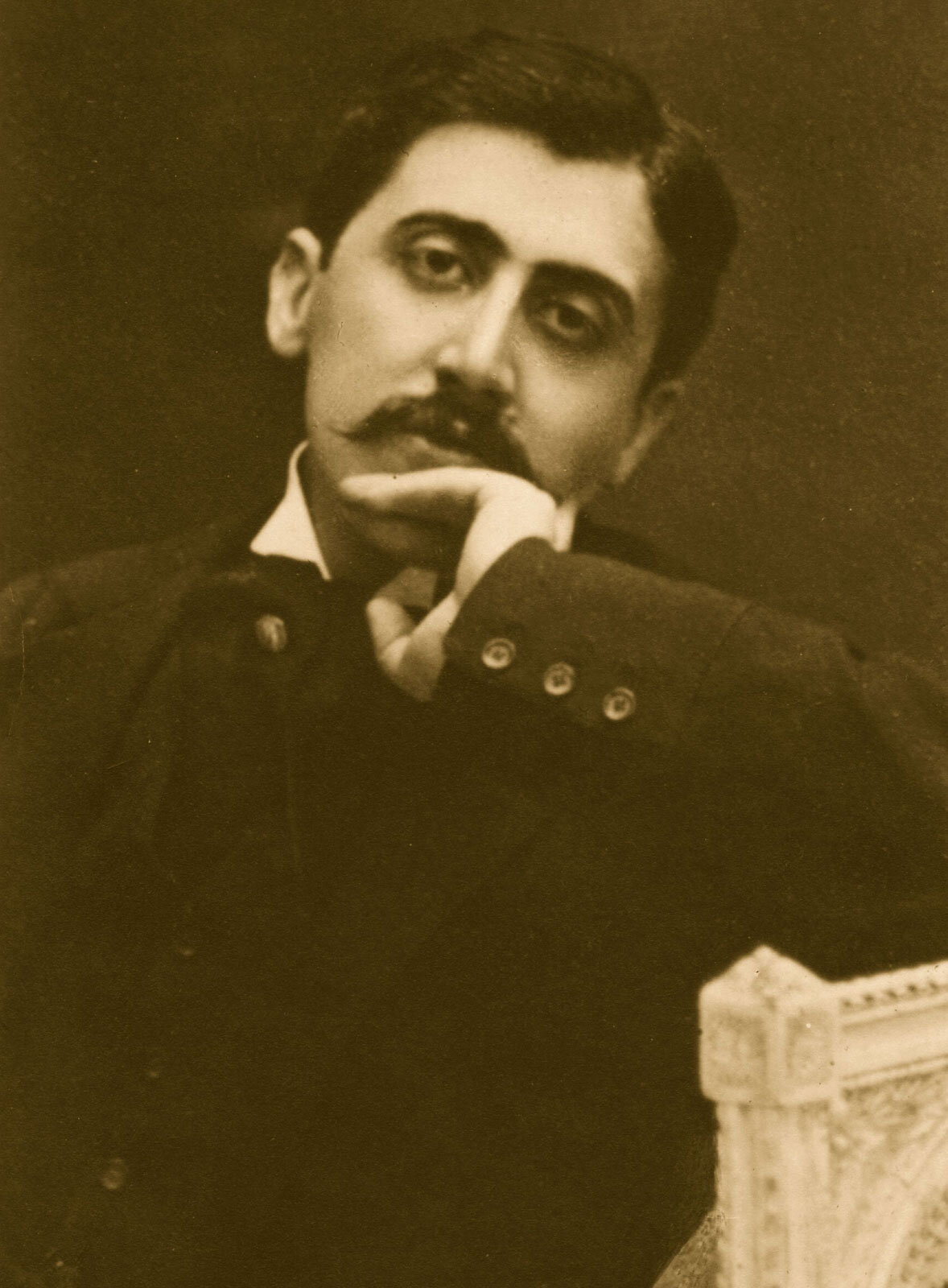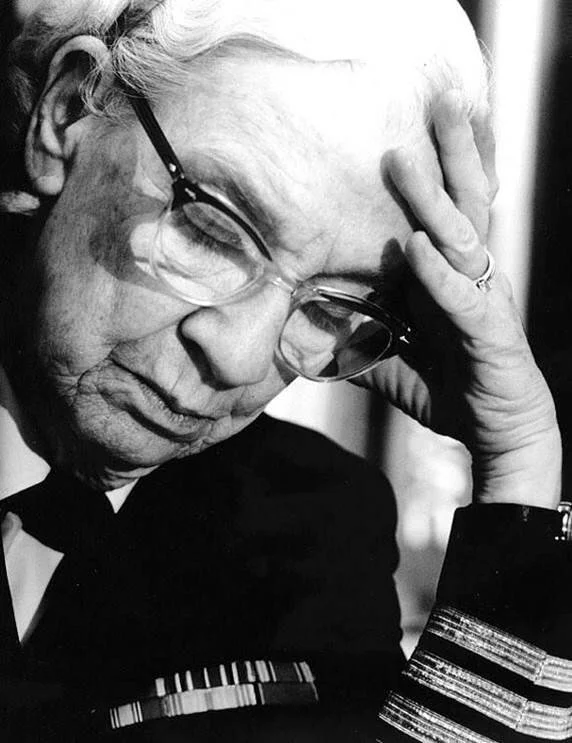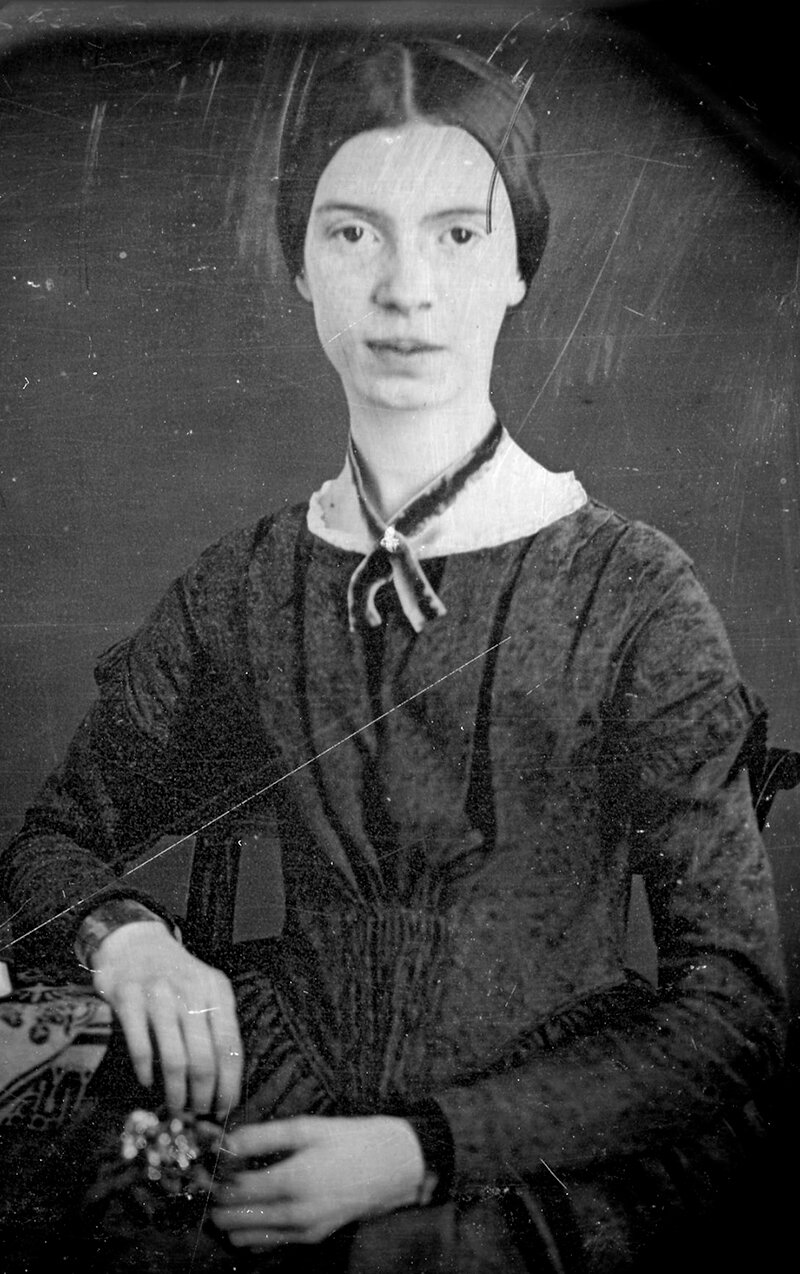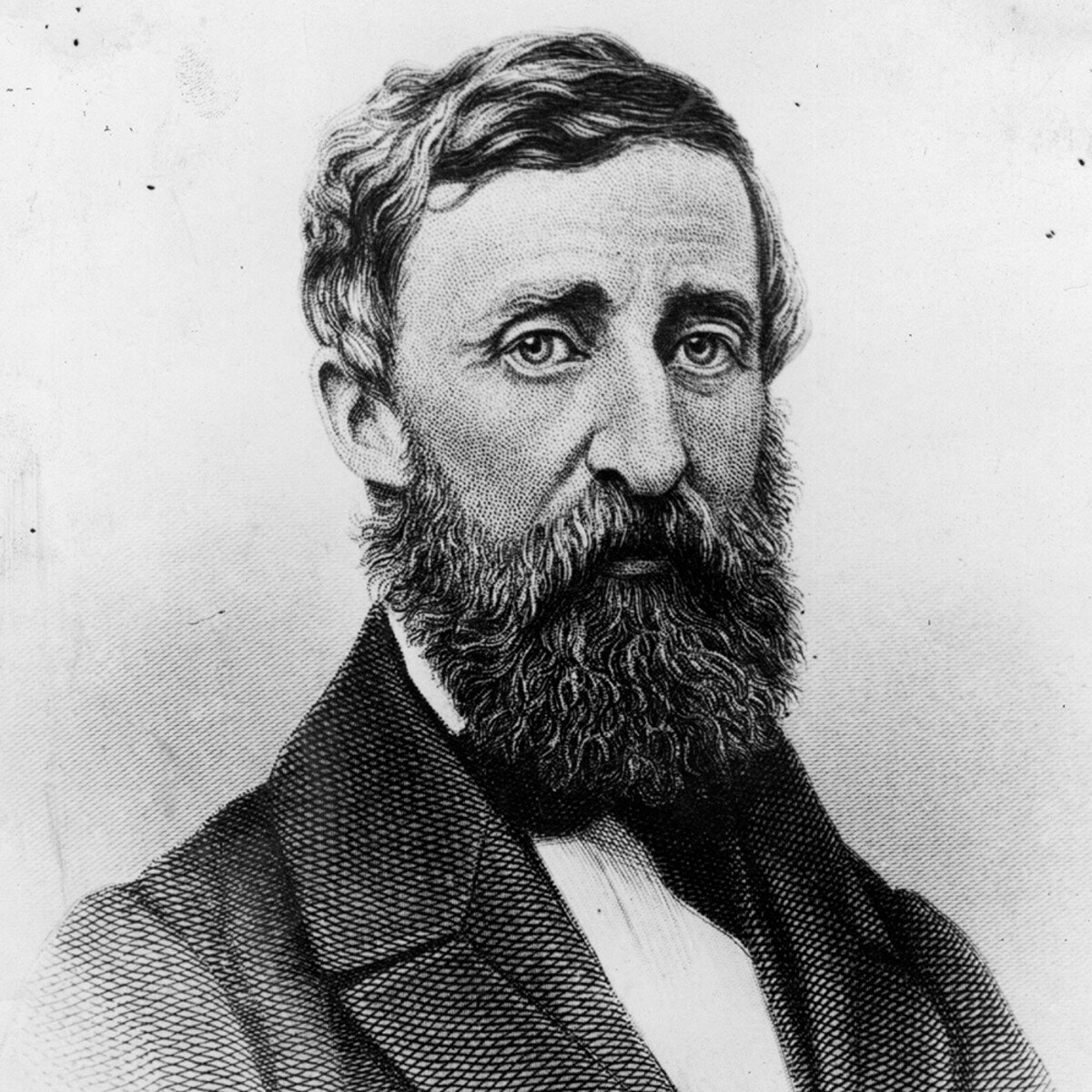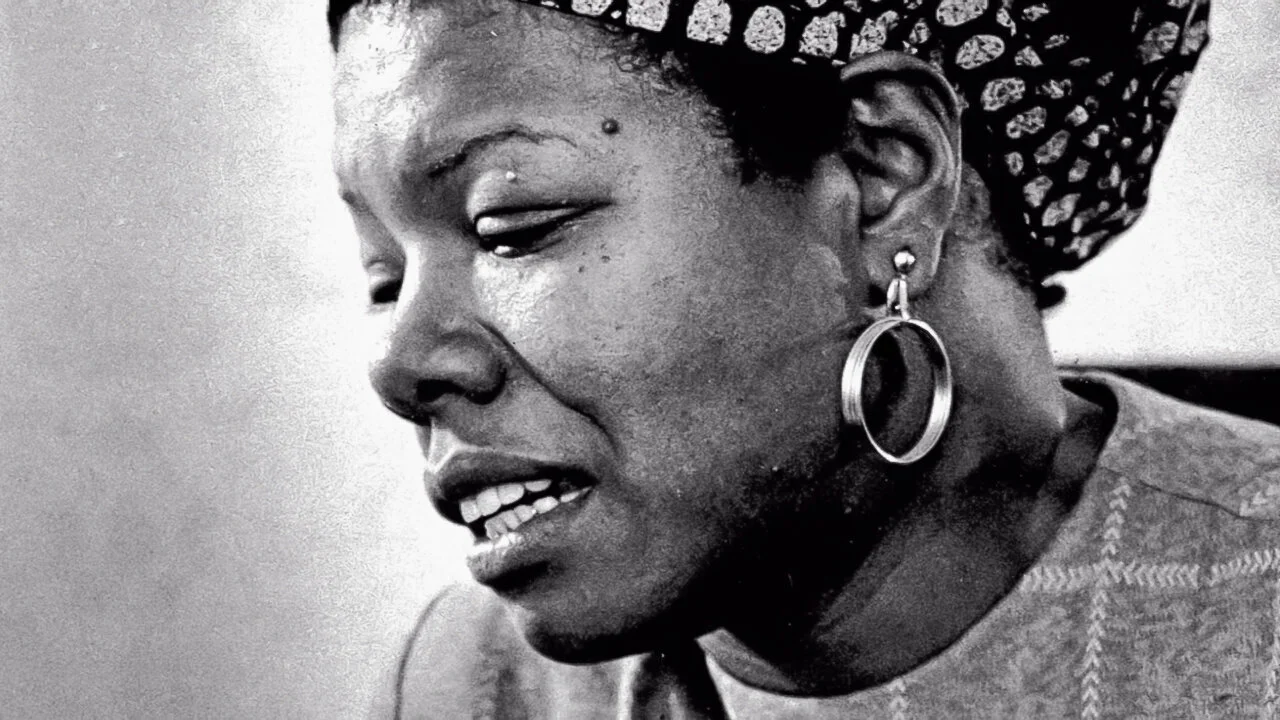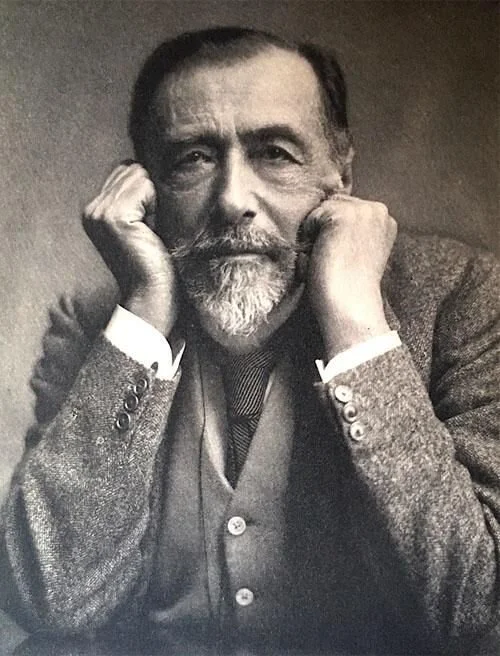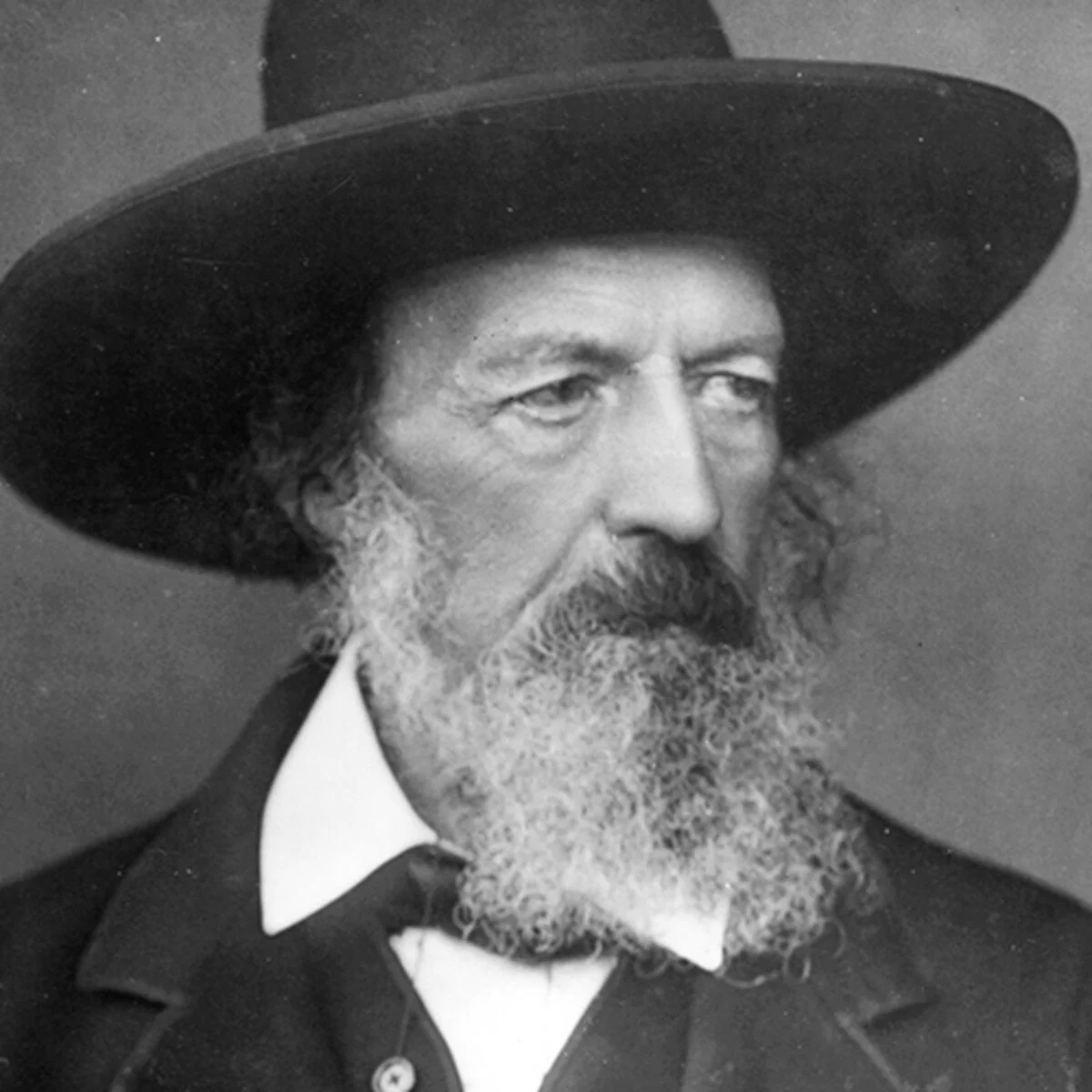Sailing in Metaphors
by Sheila McCurdy
If you are reading this, sailing has had or will have a profound influence on your life in some way. There is, of course, the physical aspect of sailing—that of making a complex vessel advance through water, harnessing invisible forces.
There is the communal aspect of living and working with others in a confined space for extended periods. There is the practical aspect of planning, preparing, and then responding to a raft of eventualities. We study. We learn. We listen. We screw up and learn again. We find joy in the places we go. We grieve injury and loss. We doubt and overcome. We remember what we have heard or seen on the water when any number of situations arise on land, and are likely to say, “It is just like being on a boat.” Sailing is a metaphor for everything.
There are writers and poets who can conjure language to say what we feel. I offer this sampling that crystalizes some of the feelings for the sea that we have in common.
Awareness
Marcel Proust was very good at writing long, involved works, but in this quote from Remembrance of Things Past, he seems to sum up why some of us return to passage-making again and again.
The only true voyage of discovery, the only fountain of Eternal Youth, would be not to visit strange lands but to possess other eyes, to behold the universe through the eyes of another, of a hundred others, to behold the hundred universes that each of them beholds, that each of them is…
Marcel Proust
Jerome K. Jerome wrote Three Men in a Boat. It is a lovely yarn about sharing time with chosen friends. I aspire to his list of essentials.
Throw the lumber over, man! Let your boat of life be light, packed with only what you need—a homely home and simple pleasures, one or two friends worthy of name, someone to love and someone to love you, a cat, a dog, and…enough to eat and enough to wear, and a little more than enough to drink; for thirst is a dangerous thing.
Jerome K. Jerome
Risk
Rear Admiral Grace Hopper (U.S.N. ret.) was a practical and persuasive mathematician turned computer scientist. Starting during World War II, she showed the Navy that computers could compile as well as do arithmetic. She did not shy from hard work in a hostile environment. She was one of the oldest active-duty officers in the Navy when she retired at the age of 79. She was fond of an aphorism popularised by John A. Shedd in Salt from My Attic:
A ship in harbour is safe, but that is not what ships are built for.
Rear Admiral Grace Hopper
Samuel Johnson was trenchant in his assessment of shipboard life.
Being in a ship is like being in a jail, with a chance of being drowned.
Samuel Johnson
We all know that command at sea is not a democracy.
In The Republic, Plato considered the metaphor of a “ship of state” as a warning for how the rule of the people could cause jeopardy. On board Plato’s ship are the captain, the crew, the crew leader, and a navigator.
The captain has power but is “a bit deaf and short-sighted, and similarly limited in seamanship.” The crew is querulous. Each thinks he knows better than the others and tries to influence the captain. The navigator is thought to be a useless “stargazer,” but is the one who has the knowledge to lead them all safely and peacefully.
“They don’t understand that a true captain must pay attention to the seasons of the year, the sky, the stars, the winds, and all that pertains to his craft, if he’s really to be the ruler of a ship… Don’t you think that the true captain will be called a real stargazer, a babbler, and a good-for-nothing…?”
Plato
Emily Dickinson never saw the sea, but she captured the sense of how integral, yet off-balance, an immense and immediate ocean can make us feel.
I stepped from plank to plank
So slow and cautiously;
The stars about my head I felt,
About my feet the sea.
I knew not but the next
Would be my final inch, —
This gave me a precarious gait
Some call experience.
Emily Dickinson
Betterment
The writer of The Prophet, Kahlil Gibran, opened his story as his central character is about to board a ship. The prophet may have felt compelled to express his guiding principles before embarking on a voyage, and he may have had good reason to be thinking of catastrophic danger.
Your reason and your passion are the rudder
and the sails of your seafaring soul.
If either your sails or your rudder be broken,
you can but toss and drift,
or else be held at a standstill in mid-seas.
Kahlil Gibran
Henry David Thoreau was a champion of self-reliance and independence— qualities that appeal to all offshore sailors. Here he draws a comparison that brings a knowing smile.
The sail, the play of its pulse so like our own lives:
so thin and yet so full of life,
so noiseless when it labours hardest,
so noisy and impatient when least effective.
Henry David Thoreau
Love and Life
Maya Angelou combines a surprising quartet in this poem. She seems much less picky about her boats than her men.
Ships?
Sure I’ll sail them
Show me the boat,
If it’ll float,
I’ll sail it.
Men?
Yes, I’ll love them.
If they’ve got style,
to make me smile,
I’ll love them.
Life?
‘Course I’ll live it.
Just enough breath, Until my death,
And I’ll live it.
Failure?
I’m not ashamed to tell it,
I’ve never learned to spell it,
Not Failure.
Maya Angelou
Death
Emily Brontë brought a gothic quality to her view of the sea, perhaps because the one with which she was most familiar was the North Sea. Constantin Héger, the head of a school she attended, said, “She should have been a man—a great navigator.”
Weep not, but think that I have passed
Before thee o’er a sea of gloom.
Have anchored safe, and rest at last
Where tears and mourning cannot come.
’Tis I should weep to leave thee here
On that dark ocean sailing drear,
With storms around and fears before,
And no kind light to point the shore.
Emily Brontë
Past, Present, and Future
Joseph Conrad delved into most every human condition in his writings of the sea. In their novel Romance, Conrad and Ford Madox Ford conflate the passage of time with the passage of life and perception. It is a stream of thought that might occur on a solitary night watch.
Journeying in search of romance—and that, after all, is our business in this world—is much like trying to catch the horizon. It lies a little distance before us, and a little distance behind—about as far as the eye can carry. One discovers that one has passed through it just as one passed what is today our horizon—One looks back and says. ‘Why there it is.’ One looks forward and says the same.
Joseph Conrad
In his poem, Ulysses, Alfred, Lord Tennyson wrote of the hero reflecting on his heroic youth:
All times I have enjoy’d
Greatly, have suffer’d greatly, both with those
That loved me, and alone, on shore, and when
Thro’ scudding drifts the rainy Hyades
Vext the dim sea.
But, even in old age, he was still rallying for adventure:
Come, my friends,
‘Tis not too late to seek a newer world.
Push off, and sitting well in order smite
The sounding furrows; for my purpose holds
To sail beyond the sunset, and the baths
Of all the western stars until I die.
Alfred, Lord Tennyson
Sheila McCurdy has cruised and raced over 100,000 miles offshore. She is a trustee of the Mystic Seaport Museum and a member of US Sailing’s Training and Safety at Sea committees. She has moderated Safety at Sea Seminars across North America since 2002 and contributes to other training programs. For 20 years, she served on the Fales Committee, the civilian advisory group to the sailing programs of the U.S. Naval Academy. She holds a Master of Marine Affairs degree from the University of Rhode Island and a 100-ton USCG master’s license.
Many Thanks to Windcheck Magazine for allowing us to republish this article.


